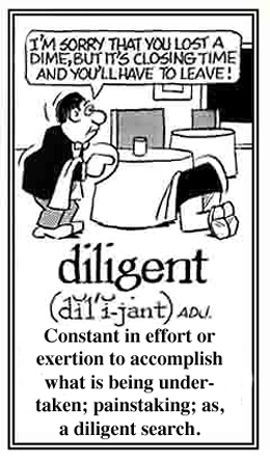legi-, -leg-, -ligi-, -lig-, -lect-, -lectic, -lection
(Latin: read, readable [to choose words; to gather, to collect; to pick out; to read, to recite])
Closely related to lexi-, -lexia, -lexic, -lexis (Greek: a word; a saying, a phrase; speaking).
2. One of the subordinate forms or varieties of a language arising from local peculiarities of vocabulary, pronunciation, and idiom.
3. Any form of speech considered a deviation from real or imaginary standard speech.
In relation to modern languages, usually specifically, a variety of speech differing from the standard or literary language; a provincial method of speech; such as, in speakers of dialect.
Also in a wider sense applied to a particular language in its relation to the family of languages to which it belongs.
2. In modern Philosophy; specifically applied by Kant to the criticism which shows the mutually contradictory character of the principles of science, when they are employed to determine objects beyond the limits of experience (i.e. the soul, the world, God); by Hegel (who denies that such contradictions are ultimately irreconcilable) the term is applied:
- To the process of thought by which such contradictions are seen to merge themselves in a higher truth that comprehends them.
- To the world-process, which, being in his view but the thought-process on its objective side, develops similarly by a continuous unification of opposites.
2. Conscientiousness in paying proper attention to a task or giving the amount of care required in a given situation.
3. Etymology: from Old French diligence, "attention, care"; from Latin diligentia, "attentiveness, carefulness"; from diligentem, diligens, "attentive, assiduous, careful"; from diligere, "to value highly, to love, to choose"; from dis-, "apart" + legere, "to choose, to gather".
Josh was a diligent worker and so his supervisor felt that he deserved a pay increase.

Go to this Word A Day Revisited Index
for a list of additional Mickey Bach illustrations.
2. Made up of elements from various sources.
3. Not following any one system, as of philosophy, medicine, etc.; but selecting and using what are considered the best elements of all systems.
4. Noting or pertaining to works of architecture, decoration, landscaping, etc., produced by a certain person or during a certain period, that derive from a wide range of historic styles.
The style in each instance often being chosen for its fancied appropriateness to local tradition, local geography, the purpose to be served, or the cultural background of the client.
5. Etymology: from French eclectique, from Greek eklektikos, "selective"; literally, "picking out", from eklektos, "selected"; from eklegein, "to pick out, to select"; from ek, "out" + legein, "to gather, to choose". Originally a group of ancient philosophers who selected doctrines from every system available to them.The term was coined by Constantine Samuel Rafinesque (1784-1841), a physician living among the Native Americans, and observing their use of medicinal plants.
He coined the word "eclectic" to refer to those physicians who adopted in practice whatever was found to be beneficial to their patients.
The Eclectics were doctors with a philosophy of "alignment with nature", learning from and using concepts from other schools, and opposing the practices of bleeding, purging, and the use of mecuricals common among the "regular" doctors of that time.
2. A tendency in architecture and the decorative arts to mix various historical styles with modern elements with the aim of combining the virtues of many styles.
2. To choose someone by a vote, e.g., for public office, an official role, or membership of some group.
3. To make a decision to do something.
4. Etymology: from Latin electus, eligere, "to pick out, to choose"; from e-, "out of, from" + legere, "to gather, to collect, to pick, to choose, to read".
2. In religion, the fact of being chosen by God, or God’s act of choosing someone for salvation, a task, or special favor.
2. To take an active part in an election campaign; especially, as, or on behalf of, a candidate for political office.
2. Chosen by a vote, or whose holder is chosen by a vote.
3. In education, optional rather than essential or compulsory; an optional course that a student may select from among several alternatives.


